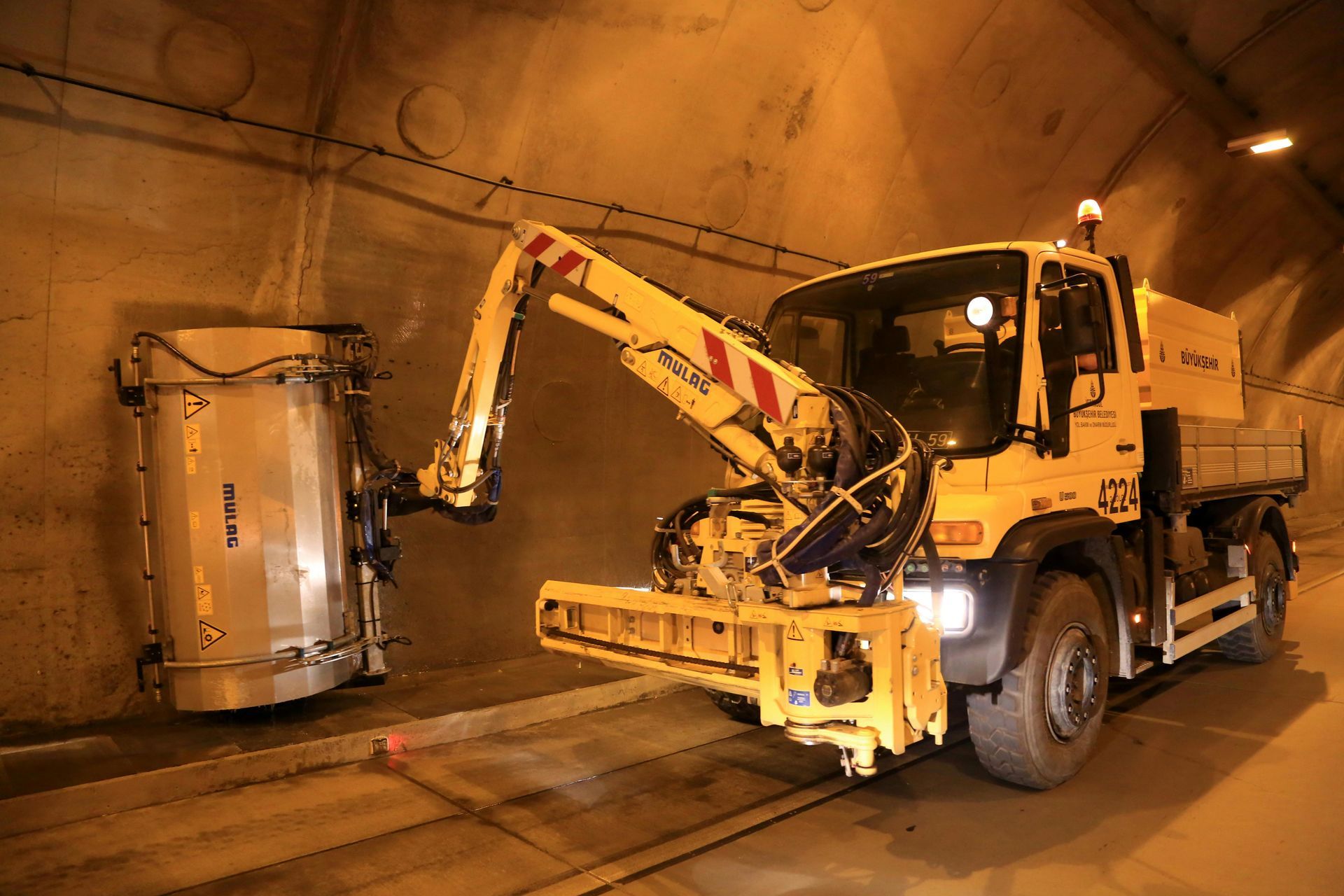Gordon Tregaskis discusses the recent changes in England and Wales’ Mediation – and its encouragement of the use of ADR through recent changes; CPR Changes New Dawn or False Hope?
A new dawn for Mediation?

There has been much ado in mediation circles this year following the case of Churchill v Merthyr Tydfil (Churchill) and the introduction in October 2024 of changes to the Civil Procedure Rules (CPR). Some commentators see these developments as a new dawn, other commentators are not so sure. At least one commentator raised the question of how any increased uptake in mediation will be measured. The mediation market is not limited to cases in the High Court. Many more disputes are resolved through arbitration particularly international disputes.
Let’s be clear, these recent changes do not create a mandatory mediation regime for users of the English Court System. Mediation is only mandated for small claims not exceeding £10,000 in value and even then both parties must agree to take part. In Churchill the Court of Appeal took the opportunity to overturn what the Court believed were the obiter (non-binding) findings of Lord Justice Dyson in the case of Halsey v Milton Keynes NHS Trust 2004. Dyson LJ had expressed concern that compelling parties to mediate would breach the right to a fair trial under Article 6 of the European Convention on Human Rights.
Following the Churchill judgement and recent changes in the Civil Procedure Rules (CPR), the English courts can mandate that parties in dispute before the courts explore Alternative Dispute Resolution. (ADR). This is by no means automatic but more of an additional discretion in the judicial toolbox to mandate ADR in the management of disputes. In other words, courts do have the power to order parties into ADR but are not forced to use the power. In effect the judge must now consider whether an ADR Order risks impairment of the claimant’s right to a judicial hearing and/or is proportionate to achieving the legitimate aim of settling the dispute fairly, quickly and at a reasonable cost.
CPR Rule 1 sets out the overriding objective of civil justice as enabling the court to deal with cases “justly and at proportionate cost”. This is now expanded to include the use and promotion of alternative dispute resolution (ADR). Therefore, ADR is now part of the objective of achieving civil justice and can include ordering parties to use an ADR procedure if the court considers it appropriate. There are also consequent changes to Rules 3, 28 and 29 of the CPR which introduce ADR and Early Neutral Evaluation as methods for disposing of disputes and hence trim down the court lists.
In the words of Catherine Dixon, CEO of CIArb, “The CPR changes could enable a cultural shift in how ADR is viewed and used by parties, lawyers and the judiciary [as] ADR is now enshrined as part of the overriding objective for civil justice – this is a significant change”
I am not so sure and, by the use of the conditional tense, perhaps Ms Dixon is also yet to be convinced?
Engaging in ADR is mostly about timing. Where teams that created the dispute in the first place are charged with resolving the issues, mediation will not be a popular choice. Too early and there is often too much pervasive anger and human emotion present, with the people who negotiated the deal offended at its breach or failure whilst each party views the other a prism of scepticism. Any mediator will know that feelings as well as facts may affect the parties’ decision making.
Once elevated to higher management with a budget request or an accounting reporting requirement it is more likely each team will be represented by senior management who have a more pragmatic view of commercial disputes and the need to avoid the loss of otherwise productive resources time in an endeavour which will not directly add to the company’s profits. Mediation works best when the parties are willing to take part and are prepared to be as honest and open as they can be about the dispute and how it has arisen. Both parties will need to compromise and make concessions.
Get the timing wrong and the parties will not engage nor properly consider using it. Mediators regularly band the drum about early intervention and referral to mediation. By the time a judge makes an Order or encourages parties to use ADR, they have been battling for on average 18-24 months, and sometimes much longer. The question is then why are lawyers and professional advisors not mandated to refer clients to mediators for ADR assessments? This should be an early step in any legal dispute. Once referred, the parties will have a better opportunity to understand, build trust, and prepare for negotiation.
Whilst the amendments to the CPR are courageous, they are not enough, in my view, to turn the cultural tide on ADR uptake with the effect of these changes being unlikely to be measured accurately across the mediation market.
The CPR are, of course, not to be confused with CPR in medical usage as cardiopulmonary resuscitation. Mediation is alive and well albeit underutilised but perhaps requiring a firmer push in the right direction.
Perhaps much ado about nothing?
Please feel free to contact me if you would like to explore using mediation or other form of ADR.











